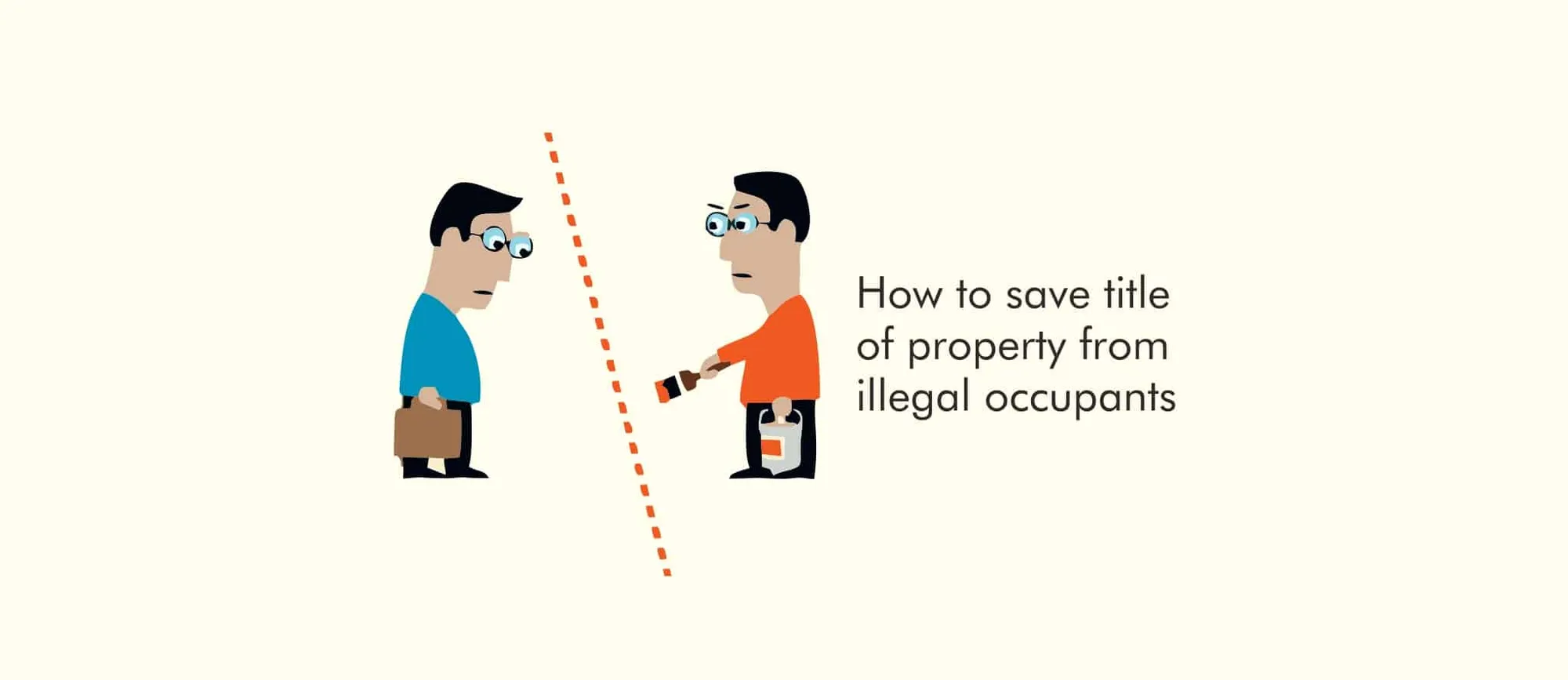An owner of a property is at will to use or not to use his property. However, if there is an intrusion and he does not take any timely action against the intruder, he loses the property. It sounds strange, but this is the law.
Adverse Possession is a legal doctrine that legalises occupation of a trespasser over a property. The claimant gets a right of ownership in the property if the real owner of the said property is sleeping over his right and does not take any action against the intruder (the claimant) who has enjoyed the possession of the said property for a sufficient period.
Read More: Owners need to be careful
In Indian Law, the concept of adverse possession is explained under The Limitation Act, 1963. If the real owner does not claim his right against the intruder within a prescribed time, he loses his right, and the possessor (intruder) gets the ownership right.
Elements of adverse possession: There are certain elements which are necessary to form adverse possession. These are:
1. Possession must be hostile to the owner:
- The claimant must possess the property with an intention to acquire the right through adverse possession. It is possession with a declaration of ownership against the original owner.
- A trespasser can occupy the land even by mistake or inadvertently
- No adverse possession if the trespasser had the authority to use the property, e.g. a tenant
Read More: Boundary Line Dispute
The possession should not have been obtained by
- Force
- Unauthorised means
2. Period of possession – A claim of ownership through adverse possession can succeed in a private property if the trespasser has possessed the property continuously for 12 years. The period begins from the date the claimant (trespasser) is in adverse possession. For Government properties, the time is 30 years. This period varies in different jurisdictions. The owner has to bring an action within this limitation period.
3. Possession must be actual, uninterrupted, continuous and exclusive. The claimant must be physically present and using the property. The claimant must be using the property exclusively.
4. The public at large must be aware of the possession of the claimant. It is not the liability of the claimant to inform the actual owner, but the possession should be open to the extent that the real owner has the means to know that someone is occupying his property.
Read More: When Caretakers Try to become Property Owners
Defenses to Adverse Possession
The real owner can prove the absence of any of the above stated essential elements to defeat the claim of the intruder:
- The claimant has not possessed the property for requisite duration
- Use of the property was not uninterrupted and not continuous
- The property was not being used exclusively by the claimant. The owner was also using the said property
- The owner has permitted the claimant to use the property. In such a case, possession is not hostile
- Adverse possession does not help to get the title if the real owner is minor, of unsound mind or in armed forces.
- Government-owned land is sometimes exempted from adverse possession.
Need to relook: Many legal thinkers have criticised the doctrine of adverse possession as it helps the illegal occupants to get the title because of the inaction of the real owner. There is unjust enrichment. There is a need to relook into this law. Recent court rulings reveal that courts are now making it more robust for the illegal occupants to claim title through adverse possession.
Read: How to file a consumer complaint in the Consumer Forum in India?
Precautions that real owners can take to protect their property: Being vigilant is the key
- Regular monitoring of the property – Especially in case of NRIs as they are more prone to losing their property to intruders.
- Building a fence or wall around the property
- Placing the signboards for trespassers

